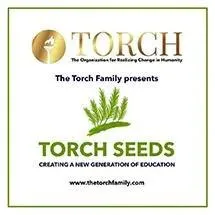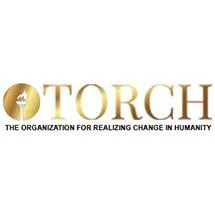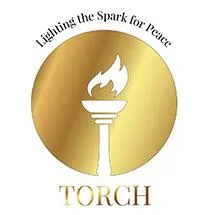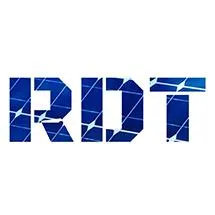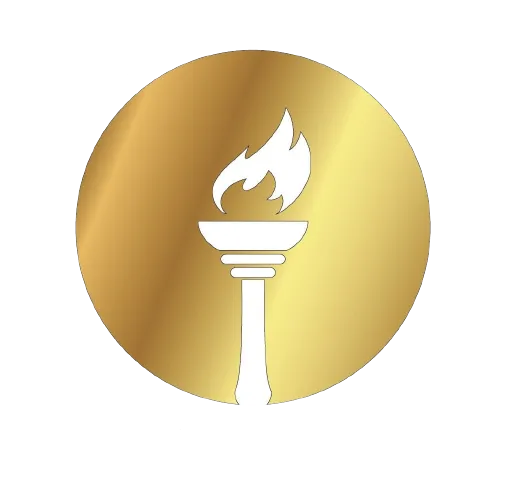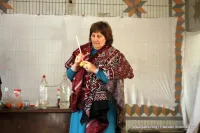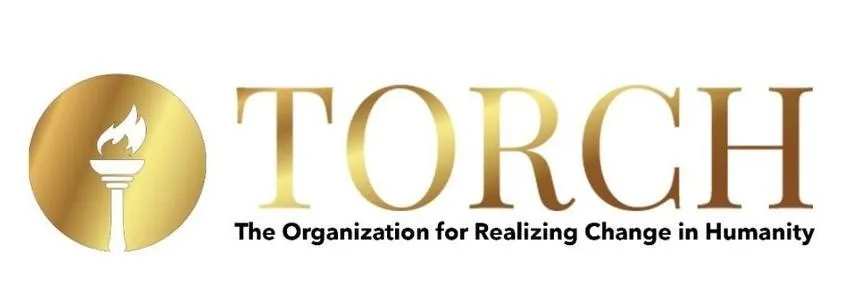About Torch Peace
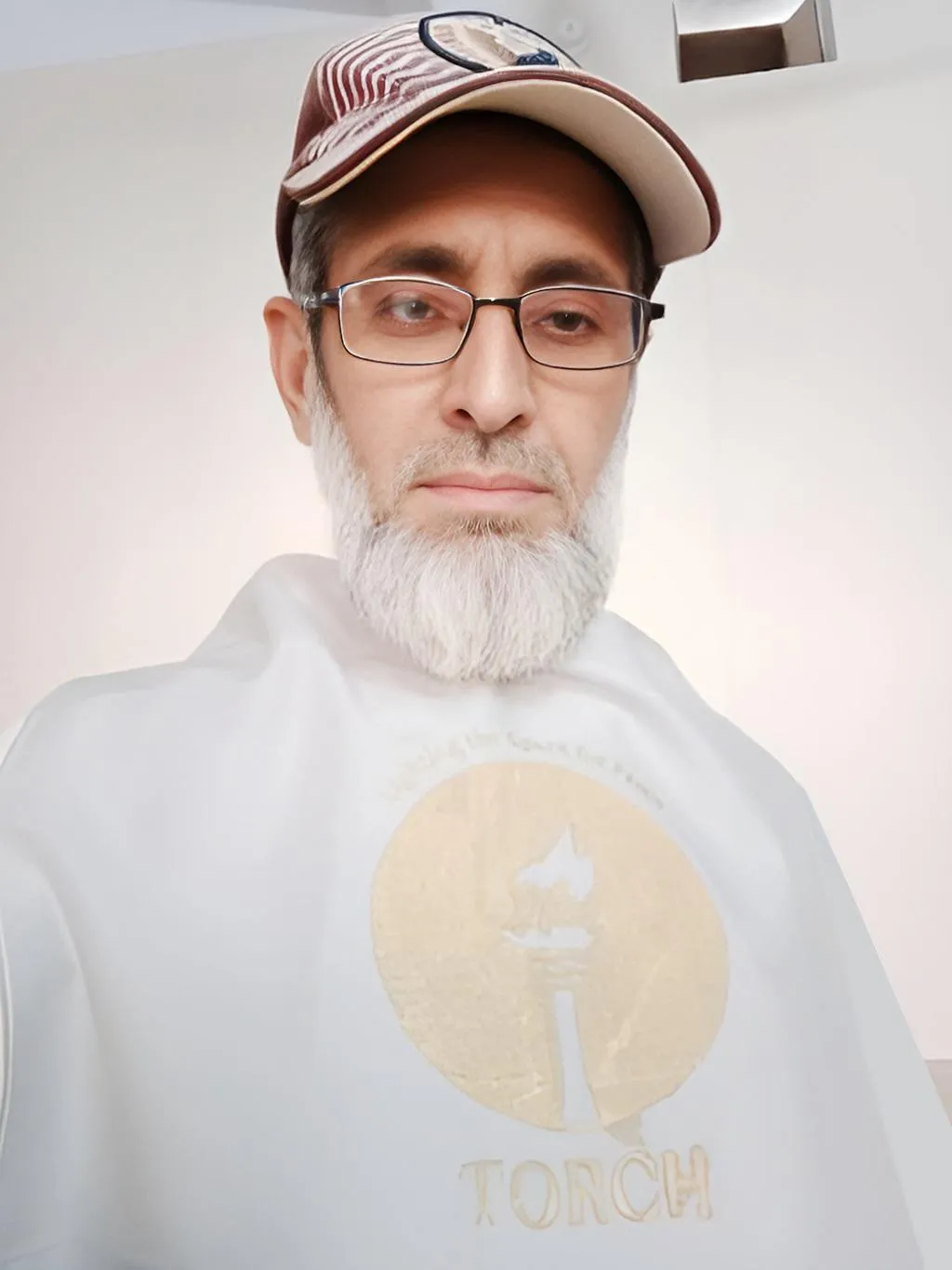
Haji Khan Farosh
Haji Khan Farosh is a remarkable individual who has dedicated his life to promoting peace and harmony through his unique and inspiring journey as a Peace Ambassador for 'The Torch Family' organization. His passion for peace and his commitment to making a positive impact on the world have earned him the title of "Peace Cyclist Walker."
Haji Khan Farosh's journey as a Peace Ambassador began with a simple yet powerful idea: that he could use the power of his own legs to carry a message of peace to the farthest corners of the world. He decided to embark on a journey of cycling and walking across continents, spreading a message of unity, tolerance, and understanding. His choice of a bicycle and walking symbolizes his commitment to sustainable and eco-friendly travel, aligning his mission with the broader goal of creating a more sustainable world.
Haji Khan Farosh's journey has taken him through challenging terrains, extreme weather conditions, and unfamiliar cultures. Along the way, he has faced numerous obstacles and hardships, but his unwavering determination and belief in the power of peace have kept him going. His resilience in the face of adversity serves as an inspiration to all who follow his journey, demonstrating that the path to peace may be difficult but is always worth pursuing.
The Torch Family' organization, of which Haji Khan Farosh is a proud member, supports his mission by providing logistical and moral support. They help him coordinate his travels, connect with local communities, and share his message through various media channels. Together, they work tirelessly to amplify the impact of his peace mission.
In a world often divided by conflicts and tensions, Haji Khan Farosh stands as a beacon of hope and a symbol of what is possible when individuals commit themselves to the cause of peace. His journey as a Peace Ambassador on two wheels and two feet is a testament to the transformative power of human determination, compassion, and the belief that peace is attainable if we all work together.
In conclusion, Haji Khan Farosh is not just a Peace Ambassador; he is a living embodiment of the values he promotes. Through his remarkable journey as a Peace Cyclist Walker, he reminds us all that peace is a universal aspiration, and it is within our reach if we have the courage to pursue it with unwavering dedication and a genuine heart. His story serves as an inspiration to individuals and organizations around the world, reminding us that the pursuit of peace is a noble and worthwhile endeavor.
Sponsor for Peace Walk
A "Sponsor for Peace Walk" is an organization or individual that actively supports and contributes to peace walks and related initiatives. They go a step further by prominently displaying their logo as a mark of their commitment. This logo represents not only their financial or logistical support but also their endorsement of the values of unity, understanding, and positive social change that the peace walk embodies. By allowing their logo to be associated with the event, sponsors demonstrate their dedication to promoting peace and harmony, creating a visual symbol of their alignment with the cause and their willingness to be a driving force behind it.
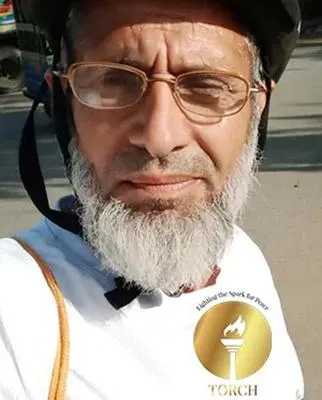




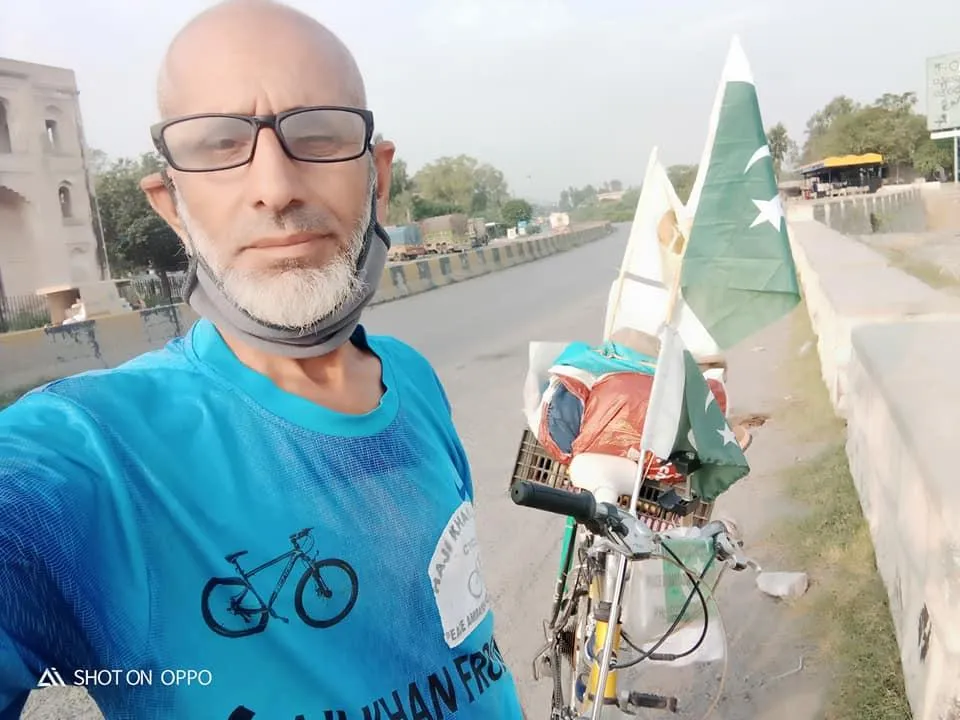
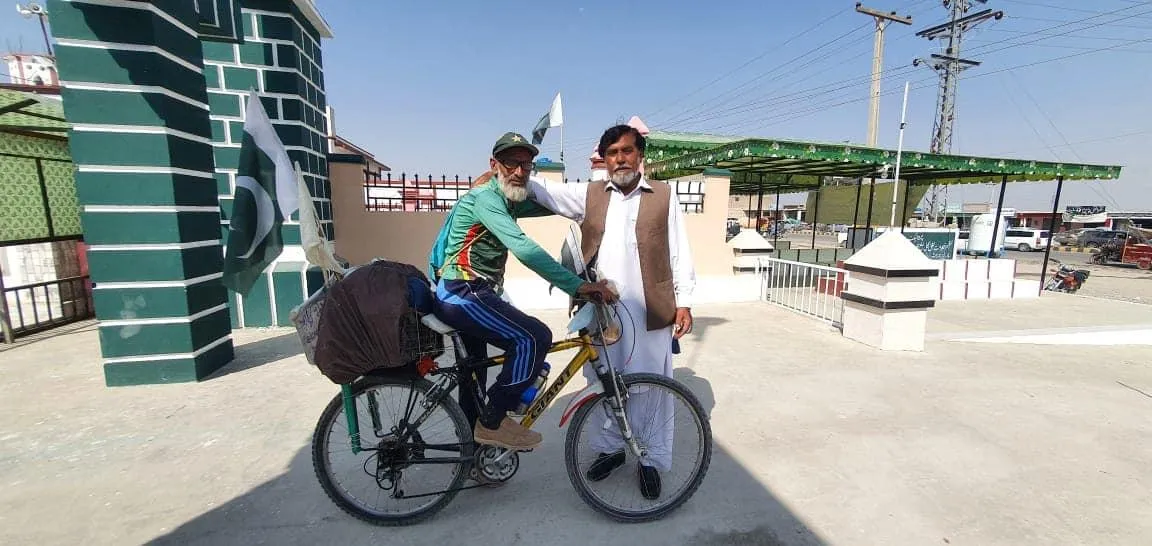
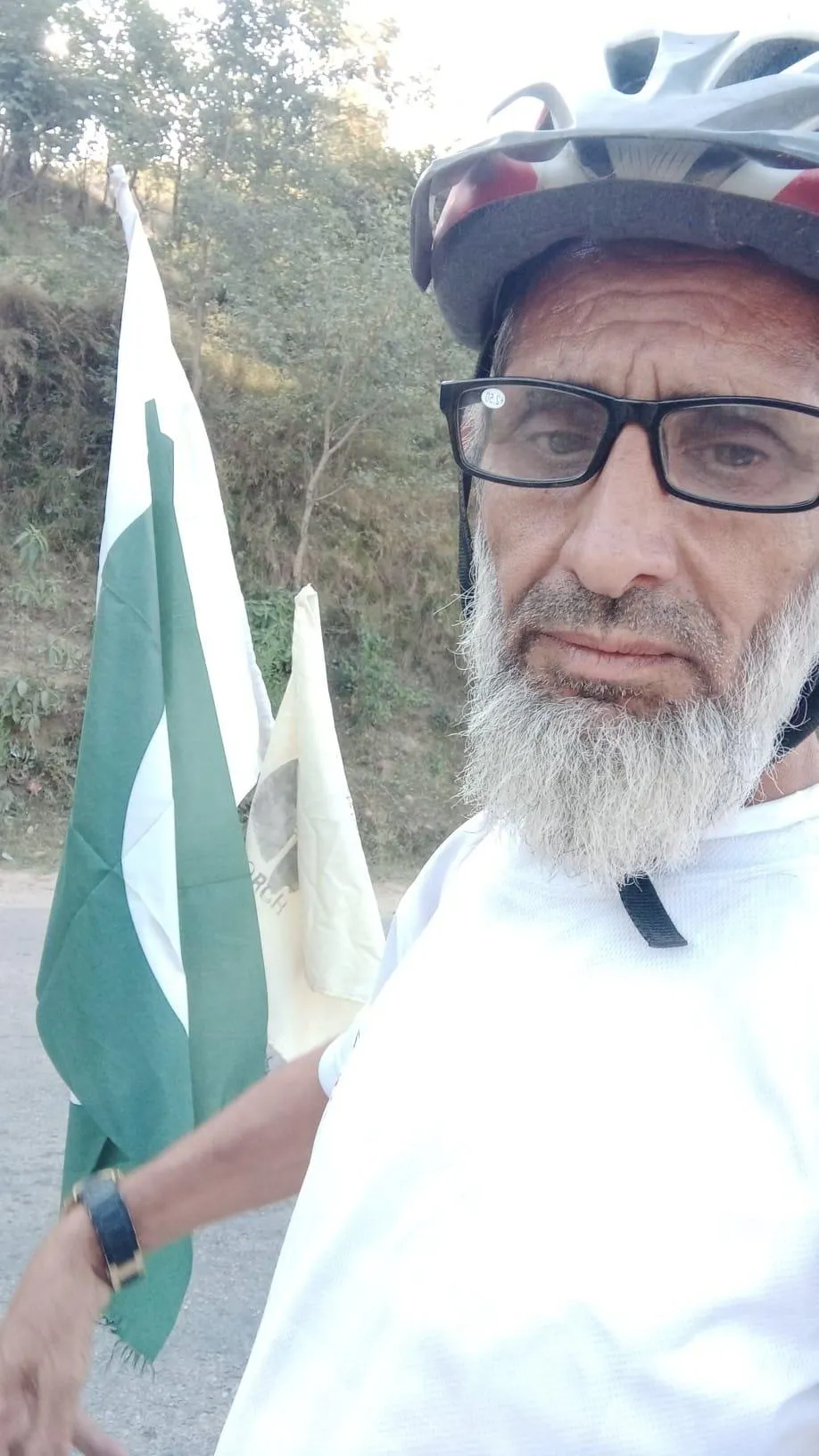
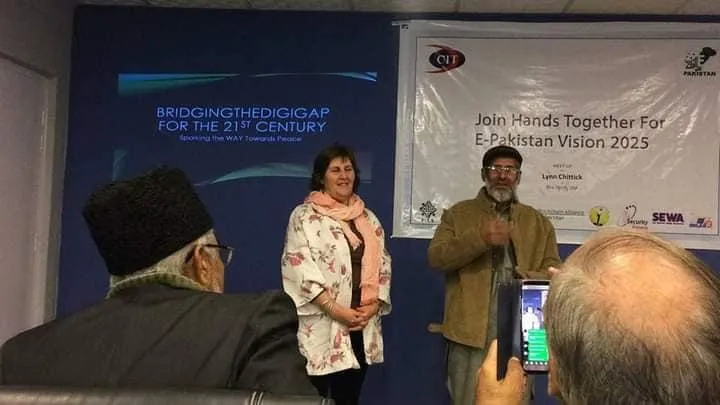
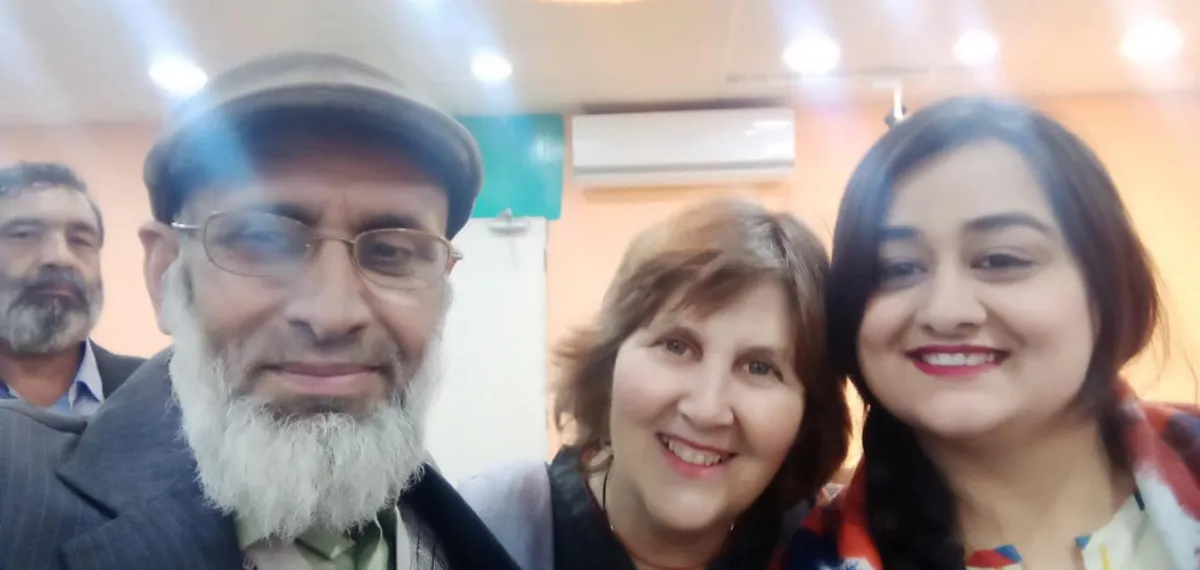
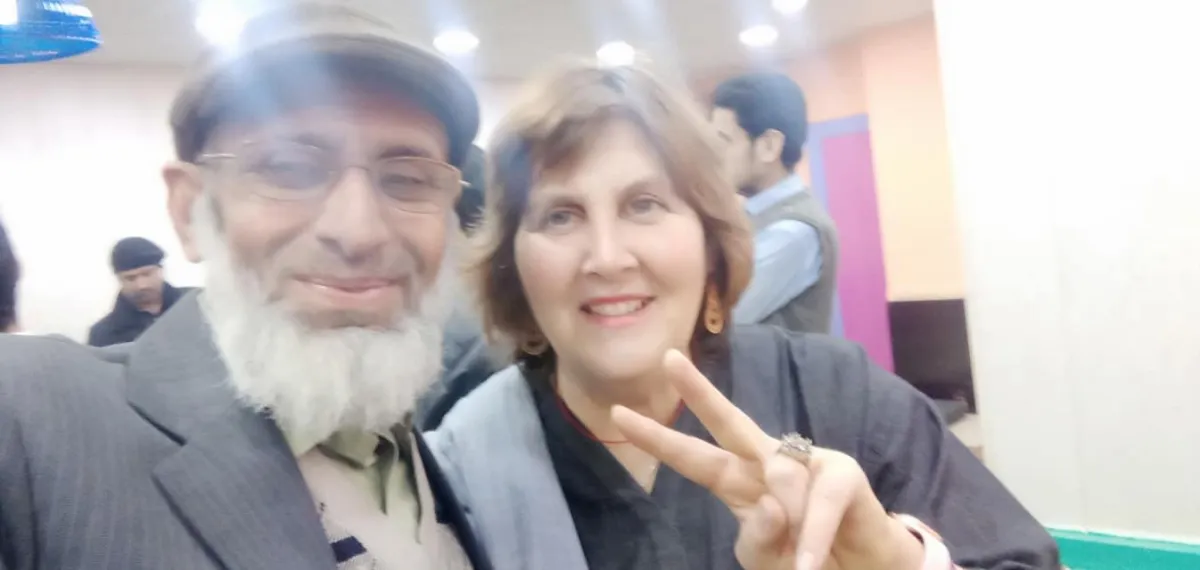
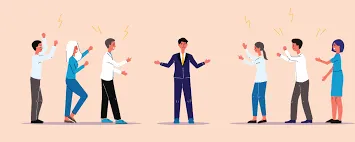
Building Bridges of Peace: Strategies for Conflict Resolution
“The importance of conflict resolution in fostering understanding and cooperation” - Lynn
Introduction:
Learn effective strategies for conflict resolution that can foster understanding, cooperation, and lasting peace. Explore the power of communication, mediation, and forgiveness in building bridges towards a harmonious existence
Building Bridges of Peace: Strategies for Conflict Resolution
In a world filled with differences of opinion, diverse backgrounds, and varied interests, conflicts are bound to arise. These conflicts can occur on personal, communal, or even global levels. However, the key to a more harmonious existence lies in our ability to resolve these disputes effectively. This blog post will explore strategies for conflict resolution, aiming to build bridges towards lasting peace.

1. Effective Communication:
The foundation of any successful conflict resolution process is effective communication. Often, conflicts arise due to misunderstandings or a lack of open and honest dialogue. To build bridges of peace, it is crucial to create a safe space where all parties involved can express their feelings and concerns. Active listening, empathy, and respect for differing perspectives are the cornerstones of effective communication.
2. Seek Common Ground:
Conflict resolution becomes easier when parties involved can identify common ground. Even in seemingly intractable disputes, shared interests or goals can serve as a foundation for agreement. Focusing on these commonalities allows parties to work together to find mutually beneficial solutions.
3. Mediation and Third-Party Involvement:
In cases where direct communication is challenging, involving a neutral third party, such as a mediator, can be immensely helpful. Mediators facilitate discussions, guide the conversation, and help parties find common ground. They provide an objective perspective and help keep emotions in check, making resolution more attainable.
4. Practice Patience:
Conflict resolution is rarely a quick or straightforward process. It often requires time, patience, and persistence. Parties involved in a conflict should be prepared for setbacks and be willing to engage in ongoing dialogue to reach a lasting resolution.
5. Focus on Interests, Not Positions:
Instead of fixating on positions, conflict resolution experts recommend focusing on underlying interests. What are the core needs and concerns driving each party's position? By addressing these underlying interests, solutions that satisfy both sides can emerge.
6. Forgiveness and Reconciliation:
Forgiveness can be a powerful tool in conflict resolution. While it may not always be possible or immediate, forgiving past transgressions can pave the way for reconciliation. It's essential to recognize that forgiveness does not mean condoning or forgetting the harm done but is a step toward healing and moving forward.
7. Learn from Conflict:
Conflict can be an opportunity for growth and learning. It can highlight areas where communication, understanding, or compromise can be improved. Reflecting on the lessons learned from conflict can help prevent similar disputes in the future.
Conclusion:
Building bridges of peace through conflict resolution is a noble endeavor that requires dedication and commitment. By embracing effective communication, seeking common ground, involving neutral mediators when needed, practicing patience, focusing on interests, and even offering forgiveness, we can begin to mend the rifts that divide us. Conflict resolution is not only about ending disputes; it's about forging connections, fostering understanding, and creating a world where peace can thrive. As individuals, communities, and nations, we have the power to build these bridges of peace—one conversation, one resolution at a time.
Our Partners
